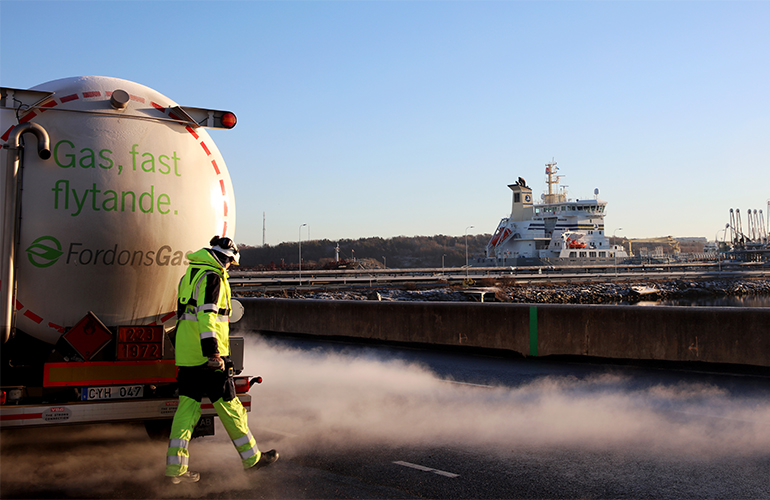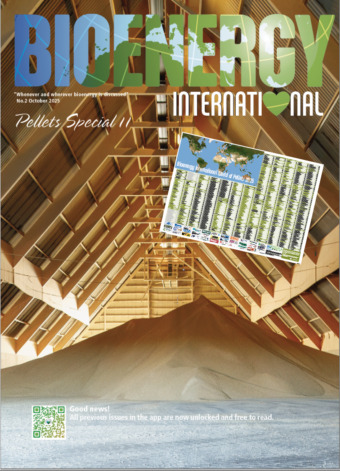Ahead of the International Maritime Organisation (IMO)’s expected formal adoption of new Net Zero regulations next month, the World Biogas Association (WBA) has published a position paper for the maritime industry highlighting how biomethane, aka renewable natural gas (RNG), fuel is an essential component in the drive to reduce the sector’s carbon footprint and meet its climate targets.
Shipping is responsible for almost 3 percent of global emissions. The International Maritime Organization (IMO) aims for a 20 percent cut by 2030 and at least 70 percent by 2050 compared to 2004 levels.
Integration of biomethane into fuel strategies is critical to the maritime industry’s successful transition to net zero. Biomethane represents a practical, scalable, and immediate pathway towards the decarbonization of the sector. As a renewable, low-carbon fuel, it can leverage existing liquefied natural gas (LNG) infrastructure and vessels while aligning with the IMO’s climate targets, said Charlotte Morton OBE, Chief Executive at WBA.
In the paper “Biomethane as a Maritime Fuel“, WBA demonstrates the contribution biomethane can make towards achieving those targets and advocates for the accelerated deployment of biomethane in maritime applications.
The paper describes how biomethane offers a credible, near-term decarbonisation option for a subset of routes and vessels, while laying the groundwork for deeper integration of renewable fuels in the long term.
It makes clear policy recommendations and specifies the industry action points and R&I activities required for a successful integration of biomethane as a viable, scalable, and immediate decarbonisation solution for maritime transport, compatible with pathways for future fuels such as e-methanol, hydrogen, and other synthetic gases.
With the right policy frameworks and industry investments, biomethane should play an important role in achieving global maritime climate targets. It’s time to give biomethane the recognition it deserves as a valuable part of maritime decarbonisation, and in the coming years, WBA will continue championing its uptake and will work with the IMO to ensure the new Net Zero regulations include our key policy asks, concluded Charlotte Morton.



